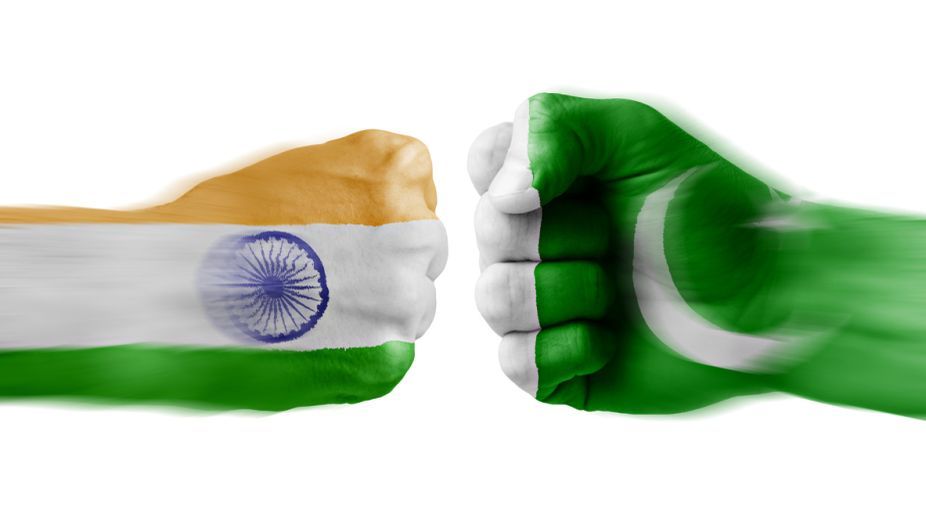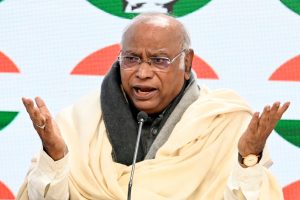Despite continued tensions between the two countries, Pakistan’s military under Gen Qamar Javed Bajwa wants to talk to India and feels the ball is in New Delhi’s court, according to a new report brought out by the world’s oldest independent think-tank on international defence and security.
“With growing security and stability on (Pakistan’s) western border, the army understands that talking to India will help the country’s upward economic trajectory and allow regional trade to flourish,” said the report brought out by the UK-based Royal United Services Institute (RUSI).
The report claimed that Gen Bajwa realised that the way to peace with India was through military cooperation. It recalled that in a historic first recently, the Pakistan army chief had invited Sanjay Vishwasrao, the Indian military attache and his team to the Pakistan Day military parade in Islamabad. He followed this two weeks later by saying that the Pakistan military wanted peace and dialogue with India.
The two countries would also take part in joint military drills in Russia in September under the umbrella of the Shanghai Cooperation Organisation (SCO), the report added.
It stated that Gen Bajwa, speaking at RUSI last year, had himself announced that the Pakistan army was now no more insecure and felt confident of its future and that he would welcome Indian participation in Pakistan’s flagship infrastructure project, the China-Pakistan Economic Corridor (CPEC).
The report said approaches by Pakistani military generals have been welcomed by some in India, because they were seen to be able to deliver on peace.
The report said another senior Pakistani officer, Lt Gen Aamir Riaz, who headed the first-ever high level contact group with India as Director-General Military Operation (DGMO), saw the CPEC project as key to Pakistan’s economic future and welcomed Indian participation in it. However, he said India could share the fruits of future development by shelving “anti-Pakistan activities and subversion”.
Yet another top officer, Maj Gen Ahmed Hayat, the Director-General-Analysis of the Inter-Services-Intelligence, in 2013 authored the so-called India Plan in 2013, which tried to ascertain how and when Pakistan should approach India.
He concluded that the Pakistani military would approach India once Pakistan’s own defence diplomacy was strengthened and not under American threats or pressure. “It is a no-brainer that one cannot live in an environment of perpetual enmity with a neighbour six times your size, but the indicators have to be right,” he said.
The report said India has so far rejected Pakistan’s offer of a transit trade dialogue on Afghan-Indian commerce. But with a sustained approach by Pakistani officers, it could only be a matter of time before New Delhi agreed to at least talk to Islamabad, it concluded.










